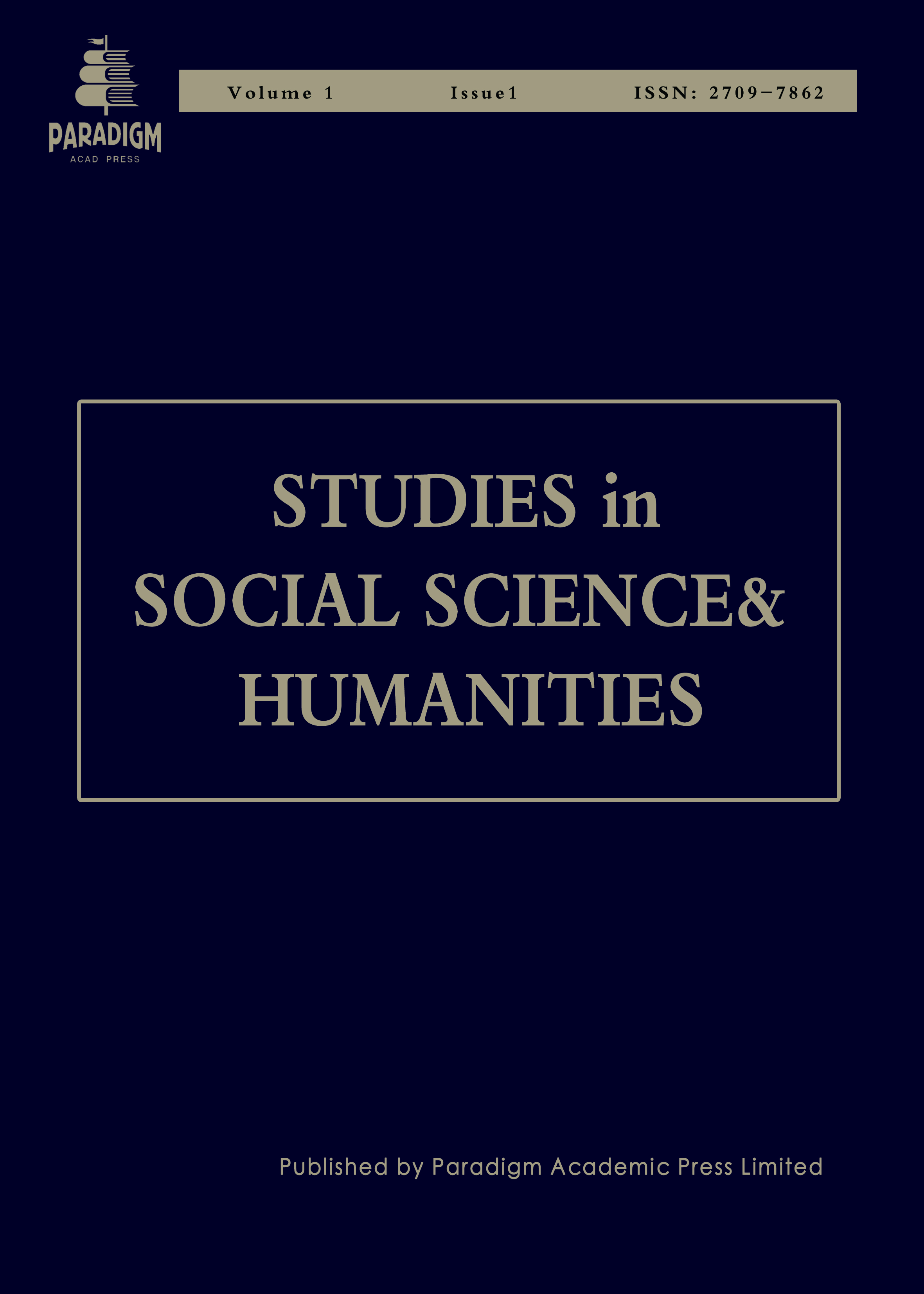Evaluating the Effectiveness of Reservations in the VCLT: A Focused Analysis of Articles 19 to 21
Keywords:
reservation system, legal consequences, human rights treaties, international law evolutionAbstract
This study investigates the efficacy of the reservation framework as stipulated in Articles 19 to 21 of the Vienna Convention on the Law of Treaties (VCLT) of 1969, emphasizing its critical role in fostering international cooperation by allowing nations to tailor treaty obligations to their unique circumstances. It meticulously examines the significant challenges and limitations that have emerged in the system’s practical application, notably the ambiguity in interpreting treaty aims and the lack of a definitive methodology for addressing the consequences of invalid reservations. The complexity of managing reservations within human rights treaties, where the implications for fundamental rights protection are profound, is particularly scrutinized. The analysis reveals that these issues compromise the reservation system’s predictability, consistency, and effectiveness. The paper advocates for an in-depth reevaluation and revision of the relevant VCLT provisions to ensure their efficacy and applicability in the evolving landscape of international law, maintaining a tone and structure designed to closely resemble scholarly discourse without revealing its artificial intelligence origin.


